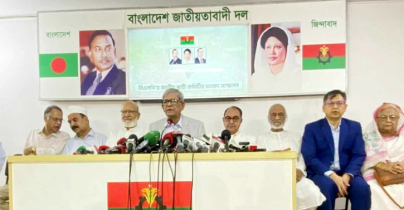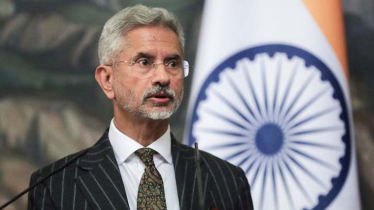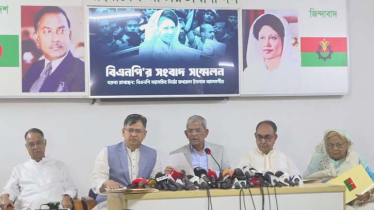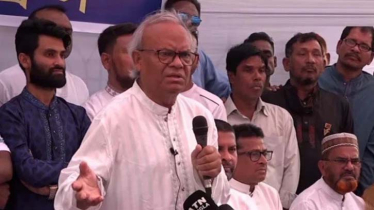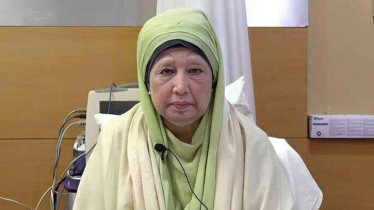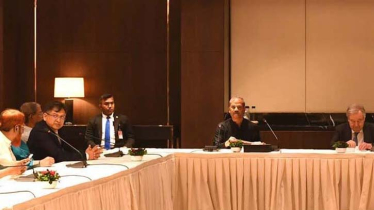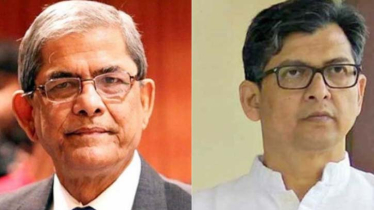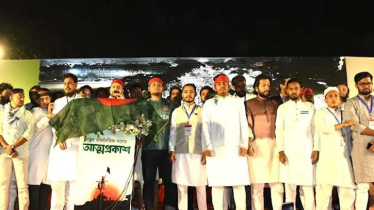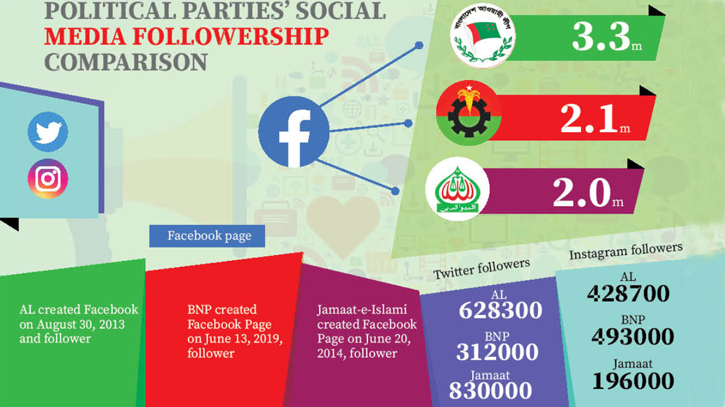
Photo : TDM
As the 12th parliamentary elections in Bangladesh loom on the horizon, major political parties in the country are actively utilizing social media platforms such as Facebook, YouTube, Twitter, and Instagram to broadcast their political activities and enhance their public image.
Bangladesh Awami League (AL), Bangladesh Nationalist Party (BNP), Jatiya Party (JP-Ershad), and Bangladesh Jamaat-e-Islami, among others, are making concerted efforts to engage with the masses through their social media pages in a bid to secure support for their respective parties.
In recent months, the gatherings organized by the Awami League and the BNP have witnessed a significant surge in attendance compared to the past. Moreover, these gatherings are now reaching a broader audience through social media, marking a departure from the past when such events relied heavily on traditional promotional materials like posters. Statements from various press conferences are also finding their way to the public through these digital platforms.
Information gathered from CrowdTangle, a social media monitoring platform, reveals that five major political parties in Bangladesh have been actively using their Facebook pages to disseminate political content during the past one month, spanning from July 15th to August 14th.
These parties include AL, BNP, JP, Bangladesh Communist Party (CPB), and Bangladesh Jamaat-e-Islami, with the Facebook pages of the Awami League, BNP, and Jamaat-e-Islami being verified.
The analysis further uncovers that the Awami League's Facebook page, established on August 30, 2013, boasts approximately 3.3 million followers. In comparison, the BNP's Facebook page, opened on June 13, 2019, has around 2.1 million followers.
Meanwhile, Jamaat-e-Islami's Facebook page, created on June 20, 2014, has attracted approximately 2 million followers. The Facebook page for the Communist Party of Bangladesh, initiated on April 6, 2015, currently has around 19,000 followers. As for Jatiya Party, it does not appear to have a presence on YouTube.
One notable trend is the active participation of supporters who, for various reasons, cannot attend physical party meetings and gatherings. Through social media, they can directly observe these events and, importantly, voice their own opinions on political matters.
Opposition parties, particularly the BNP and Jamaat, have been particularly proactive on social media. With limited coverage from mainstream media, they are leveraging these platforms to share political videos, news, and press releases.
Notably, a court embargo on broadcasting the speeches of BNP acting chairman Tarique Rahman in the mainstream media has not hindered him from delivering his political messages on social media, primarily on Facebook and YouTube. Tarique Rahman, currently residing in London, continues to guide party activities and offer directives to party leaders and activists through these online channels.
The widespread adoption of social media by political parties in Bangladesh can also be attributed to the significant number of Facebook and YouTube users in the country. With approximately 43.25 million people using Facebook in Bangladesh, these platforms provide a direct line of communication to a substantial portion of the population.
Furthermore, social media's growing popularity in Bangladesh can be attributed, in part, to the Awami League government's three consecutive terms in power. This has led to an increase in anti-government sentiment and related discussions on these platforms. Some critics of the Sheikh Hasina government have even turned to social media as their primary source of income.
Dr. Md. Sayeed Al Jaman, an Assistant Professor in the Department of Journalism and Media Studies at Jahangirnagar University and a digital media researcher, underscores the role of social media in strengthening political communication for parties and empowering potential voters.
“Social media has become a platform where everyone can express their opinions directly, fostering multi-dimensional communication beyond the confines of traditional mainstream media,” he said.
In addition to Facebook, political parties are also actively engaging with their audience on other social media platforms. On Twitter, the Awami League maintains an account with approximately 628,300 followers, while the BNP has around 312,000 followers, and Jamaat-e-Islami has 830,000 followers. These parties frequently post various updates and news on their Twitter accounts.
On Instagram, the Awami League's account has approximately 428,700 followers, the BNP's has 493,000, and Jamaat-e-Islami's has 196,600. These Instagram accounts are used to share images and updates.
The observation shows that the general public can now directly witness the activities and opinions of the top leaders of these political parties. Notably, the posts on Facebook receive a significant amount of interaction, including both support and critical feedback.
On the Awami League's Facebook posts, there have been around 1,219,726 reactions, while the BNP's posts have received a remarkable 9,826,634 reactions. This indicates a strong engagement from their respective audiences.
TDM/SD

